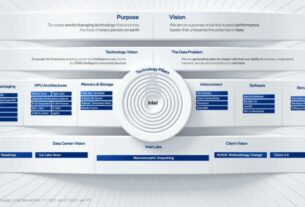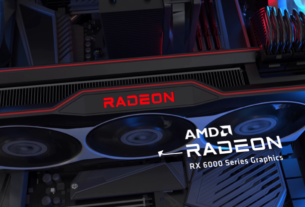
Intel has confirmed that it would be hosting an official launch event for its next-generation 10nm CPU family codenamed Tiger Lake on 2nd September. In addition to the launch event, Intel is also going to deliver a pre-launch presentation discussing the architecture of its next-generation CPUs in the coming weeks.
Intel’s 10nm Tiger Lake CPUs All Set To Roar on 2nd September, Pre-Launch Architectural Presentations Also Scheduled In The Coming Weeks
As mentioned over at Intel’s investor site, the big blue giant is going to unveil its next-generation 10nm CPUs codenamed Tiger Lake on 2nd September. This aligns perfectly with the invites that were sent out last month. The launch will be hosted through a virtual event and keynote by Intel.
But there’s more than just the Tiger Lake launch that people should be excited about. It looks like Intel plans to host several pre-launch presentations, detailing not only the architecture of its Tiger Lake CPUs but also the Xe graphics architecture which is incorporated within its Tiger Lake lineup. The Intel Xe GPUs are the first graphics design developed by Intel’s Chief Architect, Raja Kodrui & Raja himself will be delivering an update on the Xe graphics architecture and more on 13th August.
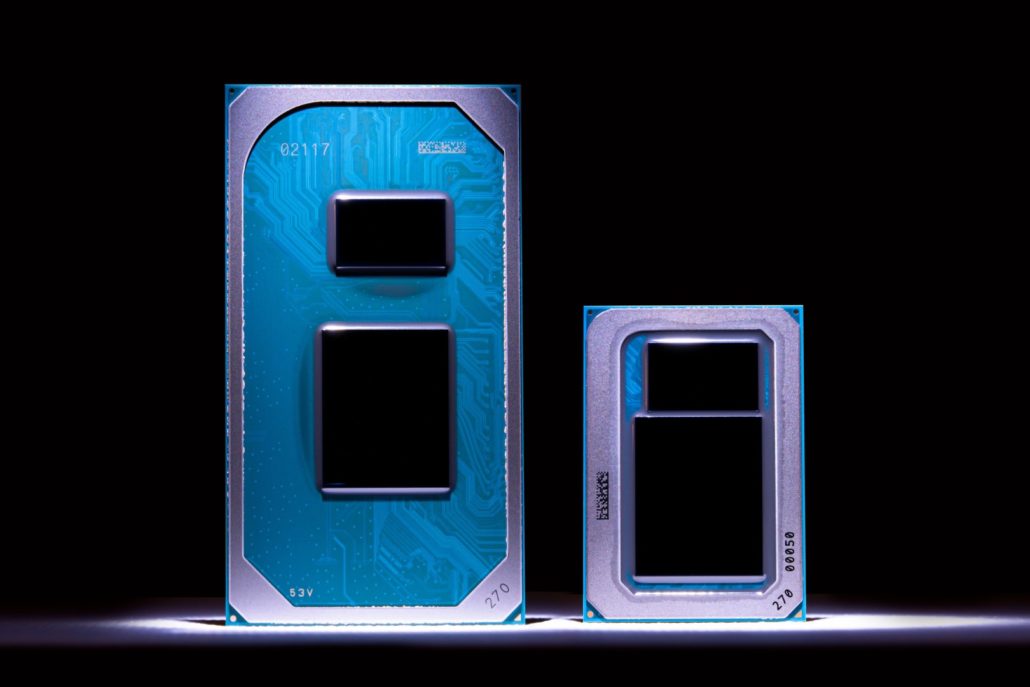
The 13th August and 2nd September keynotes are exclusive to Intel but the latest Hot Chips 2020 program details have revealed that we will be getting more information on Intel’s Tiger Lake & Xe graphics engine in the coming weeks. Intel has several presentations planned for Hot Chips on the 17th of August which include:
12:00 – 1:00 PM: Mobile Processors
-
Inside Tiger Lake: Intel’s Next Generation Mobile Client CPU
- Xavier Vera, Intel
2:00 – 3:00 PM: Keynote
- Raja M. Koduri, Senior Vice President, Chief Architect, and General Manager of Architecture, Graphics, and Software, Intel
5:00 – 6:30 PM: GPUs and Gaming Architectures
-
The Xe GPU Architecture
- David Blythe, Intel
The 11th Generation Tiger Lake CPU Family – Built For Mobile Laptops & Gaming Notebooks
The Intel Tiger Lake CPUs will be termed as the 11th Generation Core family and would be kept exclusive to laptops and gaming notebooks. The lineup would come in three flavors which would include Tiger Lake-Y, Tiger Lake-U, and Tiger Lake-H. There have been several leaks for Tiger Lake-Y and Tiger Lake-U processors which are being internally tested by various OEMs and laptop vendors who would integrate the CPUs in their next-generation devices.
The Tiger Lake-U family would consist of 15-28W TDP CPUs and would feature 4 cores and 8 threads, albeit at much higher clock speeds with boost nearing 4.50 GHz. These CPUs would also feature GT2 tier, Gen 12 Xe GPUs, and would come in the UP3 (BGA 1499) package. Tiger Lake-U will be the first to hit notebooks on 2nd September as reported earlier.
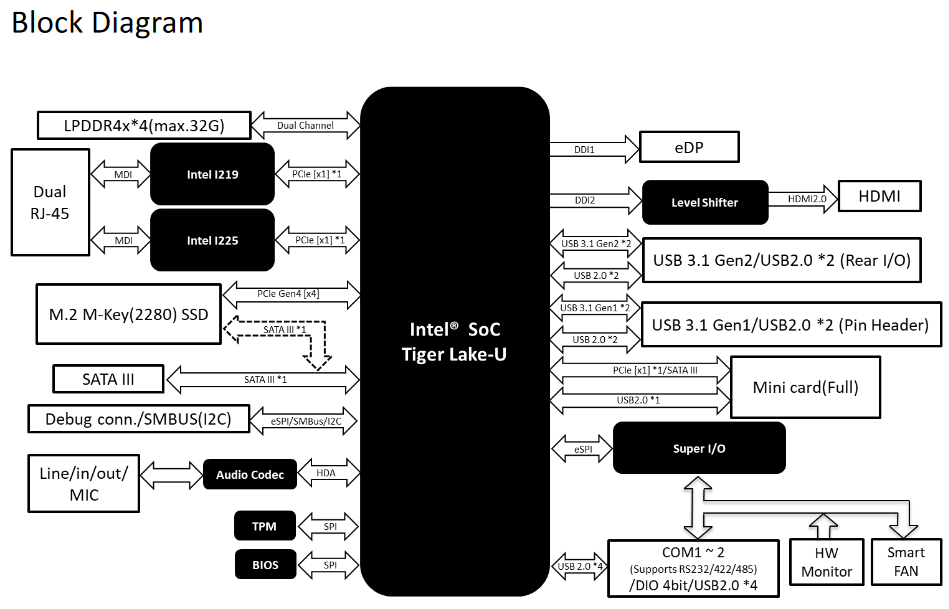
The documents from the manufacturer mention LPDDR5 support for the said family whereas the rest of the lineup will use either LPDDR4(X) memory. We have seen laptops with LPDDR4 and LPDDR4X memory featured alongside the Tiger Lake-U CPUs so we can expect multiple configurations with few higher-end & the more expensive variants offering LPDDR5 support.
Intel Tiger Lake vs AMD Renoir Mobility CPU Comparisons:
| CPU Family Name | Intel Tiger Lake-U | AMD Renoir U-Series |
|---|---|---|
| Family Branding | Intel 11th Gen Core (U-series) | AMD Ryzen 4000 (U-Series) |
| Process Node | 10nm++ | 7nm |
| CPU Core Architecture | Willow Cove | Zen 2 |
| CPU Cores/Threads (Max) | 4/8 | 8/16 |
| Max CPU Clocks | 4.8 GHz (Core i7-1185G7) | 4.2 GHz (Ryzen 7 4800U) |
| GPU Core Architecture | Xe Graphics Engine | Vega Enhanced 7nm |
| Max GPU Cores | 96 EUs (768 cores) | 8 CUs (512 cores) |
| Max GPU Clocks | 1350 MHz | 1750 MHz |
| TDP (cTDP Down/Up) | 15W (12W-28W) | 15W (10W-25W) |
| Launch | Mid 2020 | March 2020 |
The Intel Tiger Lake-Y family would consist of 4.5-9W TDP CPUs and would feature up to 4 cores and 8 threads. The GPU side would include a GT2 tier, Gen 12 Xe GPU. The Tiger Lake-Y processors will come in the UP4 (BGA 1598) package. The Tiger Lake-Y family would exclusively support LPDDR4X memory.
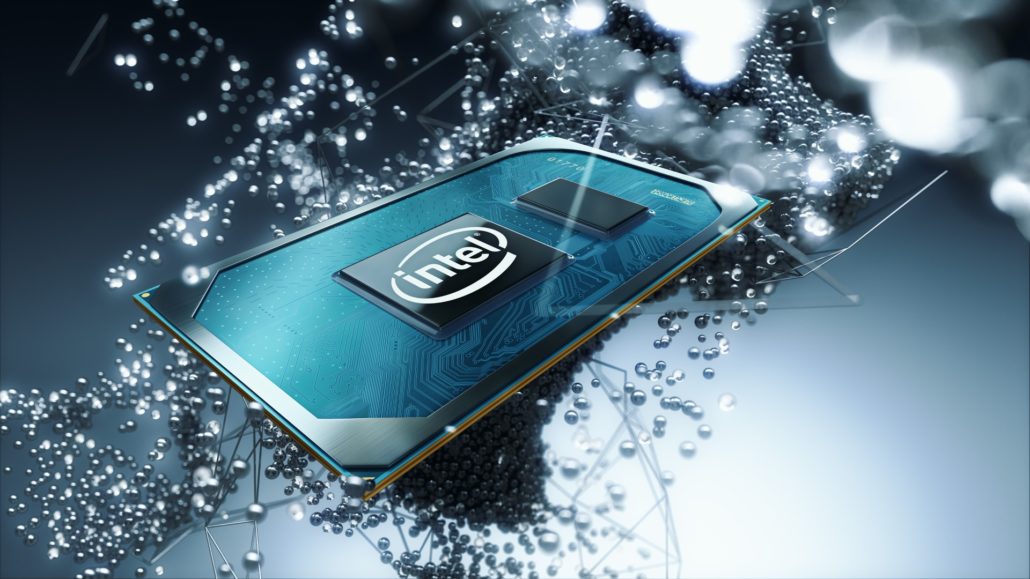
Then there’s the high-performance Tiger Lake-H lineup that would consist of up to 8 core and 16 thread chips based on the new Willow Cove architecture. The CPUs would carry up to 34 MB of cache that’s 24 MB L3 (3 MB L3 per core) and 10 MB L2 (1.25 MB per core). Tiger Lake CPUs will come with an asymmetrical 48/32 KB L1 cache and will fully support AVX2 & AVX-512 instructions. Tiger Lake-H CPUs would additionally feature Two-Level Memory (2LM) and SGX (Software Guard Extensions). Intel’s Tiger Lake-H family would support DDR4 speeds up to 3200 MHz.
Intel Tiger Lake-H vs AMD Ryzen H-Series High-Performance CPU Comparisons:
| CPU Family Name | Intel Tiger Lake-H | AMD Renoir H-Series | AMD Cezanne-H Series |
|---|---|---|---|
| Family Branding | Intel 11th Gen Core (H-series) | AMD Ryzen 4000 (H-Series) | AMD Ryzen 5000 (H-Series) |
| Process Node | 10nm | 7nm | 7nm+ |
| CPU Core Architecture | Willow Cove | Zen 2 | Zen 3 |
| CPU Cores/Threads (Max) | 8/16 | 8/16 | 8/16 |
| L2 Cache (Max) | 10 MB | 4 MB | TBD |
| L3 Cache (Max) | 24 MB | 8 MB | TBD |
| Max CPU Clocks | TBD | 4.3 GHz (Ryzen 9 4900HS) | TBD |
| GPU Core Architecture | Xe Graphics Engine | Vega Enhanced 7nm | Vega Enhanced 7nm |
| Max GPU Cores | 96 EUs (768 cores)? | 8 CUs (512 cores) | 8 CUs (512 cores)? |
| Max GPU Clocks | TBD | 1750 MHz | TBD |
| TDP (cTDP Down/Up) | 35W (65W cTDP) | 35W (45W cTDP) | 35W (45W cTDP) |
| Launch | Q1 2021 | Q2 2020 | Q2 2021? |
As per previous reports, the Tiger Lake-H CPUs will ship with TDPs ranging from 35W to 45W. The Tiger Lake-U CPUs will range from 15W-28W while Tiger Lake-Y TDPs will range from 9W-25W.
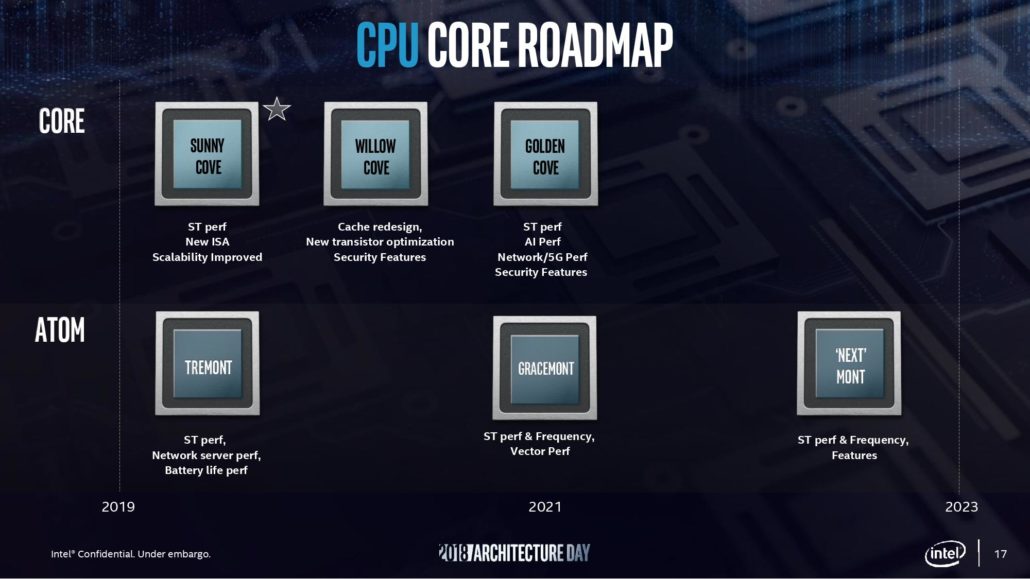
Intel Tiger Lake processors will feature some new changes to the architecture. First up, they will have the new Willow Cove cores replacing Sunny Cove cores which are currently featured on Ice Lake processors. Along with the new cores, we will get cache redesigns as stated above, new transistor-level optimizations, and enhanced security features. Intel will also be featuring their Xe GPUs on Tiger Lake chips which would deliver a 2x increase in perf over the Gen 11 GPU featured currently on Ice Lake chips.
That and coupled with the Intel Xe GPU architecture, the 10nm+ node should also deliver increased clocks compared to the first iteration of the 10nm+ architecture featured on Ice Lake chips. The 10nm Tiger Lake CPUs would tackle AMD’s 7nm Zen 2 based Ryzen 4000 ‘Renoir’ family in the 2nd half of 2020.
Intel Desktop CPU Generations Comparison:
| Intel CPU Family | Processor Process | Processors Cores (Max) | TDPs | Platform Chipset | Platform | Memory Support | PCIe Support | Launch |
|---|---|---|---|---|---|---|---|---|
| Sandy Bridge (2nd Gen) | 32nm | 4/8 | 35-95W | 6-Series | LGA 1155 | DDR3 | PCIe Gen 2.0 | 2011 |
| Ivy Bridge (3rd Gen) | 22nm | 4/8 | 35-77W | 7-Series | LGA 1155 | DDR3 | PCIe Gen 3.0 | 2012 |
| Haswell (4th Gen) | 22nm | 4/8 | 35-84W | 8-Series | LGA 1150 | DDR3 | PCIe Gen 3.0 | 2013-2014 |
| Broadwell (5th Gen) | 14nm | 4/8 | 65-65W | 9-Series | LGA 1150 | DDR3 | PCIe Gen 3.0 | 2015 |
| Skylake (6th Gen) | 14nm | 4/8 | 35-91W | 100-Series | LGA 1151 | DDR4 | PCIe Gen 3.0 | 2015 |
| Kaby Lake (7th Gen) | 14nm | 4/8 | 35-91W | 200-Series | LGA 1151 | DDR4 | PCIe Gen 3.0 | 2017 |
| Coffee Lake (8th Gen) | 14nm | 6/12 | 35-95W | 300-Series | LGA 1151 | DDR4 | PCIe Gen 3.0 | 2017 |
| Coffee Lake (9th Gen) | 14nm | 8/16 | 35-95W | 300-Series | LGA 1151 | DDR4 | PCIe Gen 3.0 | 2018 |
| Comet Lake (10th Gen) | 14nm | 10/20 | 35-125W | 400-Series | LGA 1200 | DDR4 | PCIe Gen 3.0 | 2020 |
| Rocket Lake (11th Gen) | 14nm | 8/16 | TBA | 500-Series | LGA 1200 | DDR4 | PCIe Gen 4.0 | 2021 |
| Alder Lake (12th Gen) | 10nm? | 16/24? | TBA | 600 Series? | LGA 1700 | DDR5 | PCIe Gen 5.0? | 2021 |
| Meteor Lake (13th Gen) | 7nm? | TBA | TBA | 700 Series? | LGA 1700 | DDR5 | PCIe Gen 5.0? | 2022? |
| Lunar Lake (14th Gen) | TBA | TBA | TBA | 800 Series? | TBA | DDR5 | PCIe Gen 5.0? | 2023? |

